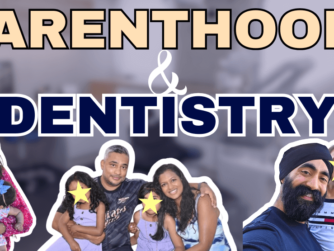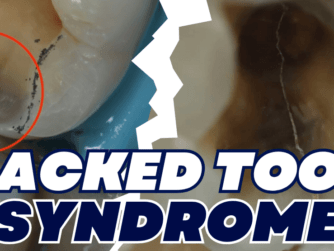Podcast: Play in new window | Download (Duration: 47:21 — 67.5MB)
Subscribe: RSS
‘The Riches are in the Niches’, apparently. In the last episode we already touched on the topic of finding your niche but this time we were able to dive deep in to this. Will your career sky rocket when you find your niche? Or are you better off being the jack of all trades? What are the benefits of finding a niche, how to go about it? And what does it ACTUALLY mean?
Protrusive Dental Pearl: a Challenge for you – grab a pen and paper and write down ALL the clinical procedures that you LIKE to do, and then also what procedures you would like to do MORE OF. Figure out where your niche could lie. And don’t forget, it’s not a race! It helps helps to make a list of procedures that don’t excite you (for me, I have no affinity to facial aesthetics!)
My guest, Dr Pav Khaira is a MASSIVE geek and I loved that he quite openly admitted to failure in the past and helped us learn some lessons. I also enjoyed hearing that it is TOTALLY FINE to change your niche as you mature as a clinician.
In this episode, we talked about:
- Being a super GDP vs niching down?
- Young dentists rushing to find their niche
- Is it okay to niche too soon or is too late to find your niche?
- The opportunities of learning
- Becoming a ‘go to dentist’
- The downside of niching
If you enjoyed this episode, then do check out the Dental Implant Podcast by Dr. Pav Khaira.
You might also enjoy 6 Signs You are a Comprehensive Dentist!








[…] If you like this episode, be sure to watch Finding Your Niche in Dentistry with Dr Pav Khaira […]